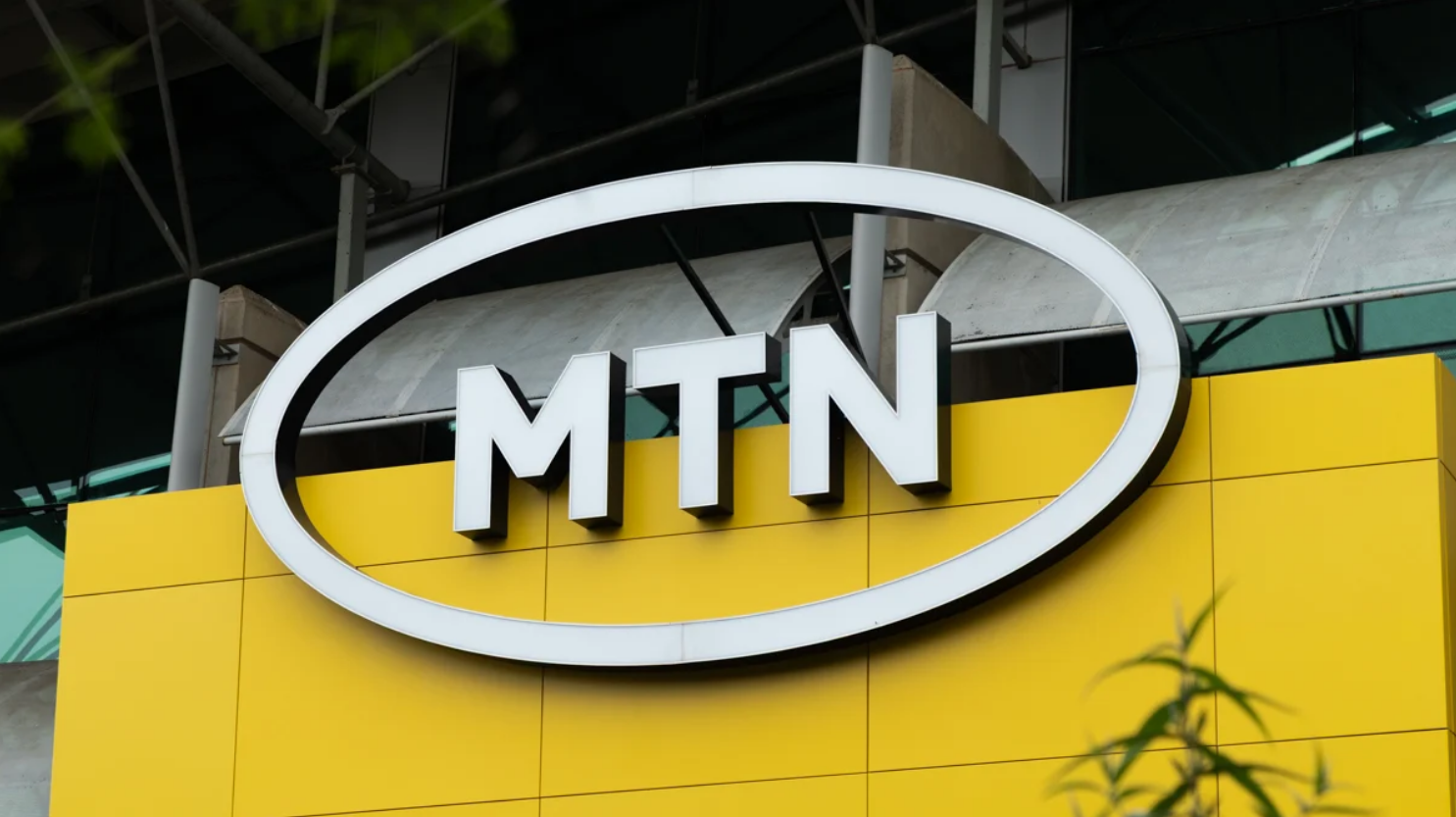MTN strengthens security: customers must now opt in to complete SIM swaps, putting control back in your hands. Picture Credits: MyBroadband
By Thulane Madalane
South Africa – South Africans are increasingly at risk of identity theft and financial fraud due to SIM-swap attacks, but MTN is taking proactive steps to protect its customers. The mobile network has introduced enhanced security measures requiring opt-in verification for SIM swaps and number porting between its mobile virtual network operators (MVNOs).
Recent data leaks and phishing attacks have exposed the personal information of many South Africans, which can be exploited by fraudsters to hijack phone numbers. Traditionally, mobile network operators relied on opt-out SMS messages to approve SIM swaps within their own networks. If a customer failed to respond within a short window — sometimes as little as two hours — the process could proceed, putting those unavailable or overseas at significant risk.
“This approach is problematic as it puts people who don’t regularly check their SMSs or those who are unavailable for several hours at risk of having their phone number hijacked,” experts note.
While previous opt-in systems for number porting were introduced by MTN and Vodacom, legal challenges from Cell C in 2016 resulted in a temporary return to opt-out protocols. Following Icasa’s 2018 Number Porting Regulations, operators were required to implement OTP-based opt-in verification, with porting restricted to weekday business hours and Saturday mornings. However, SIM swaps within networks still largely relied on opt-out methods, leaving subscribers, especially frequent travelers, vulnerable.
Enhanced Security for MVNO Subscribers:
MTN has now closed this gap for its MVNOs. Subscribers on MVNOs hosted on MTN’s network — such as Melon Mobile and Afrihost Air Mobile — must opt in via OTP to complete SIM swaps or number porting.
A MyBroadband reader who recently switched between MVNOs confirmed that the process required responding to an SMS with the same OTP to consent to the port.
MTN explained that this system:
“Builds on MTN’s original OTP-based opt-in verification introduced in 2021 under the MVNO programme, which aimed to bolster security and ensure compliance with Icasa regulations. While this system has been live since 2021, MTN further advanced its controls in 2025 by introducing intra-MVNO authentication, specifically for number ports between MVNOs hosted on MTN’s network.”
The change means that even if a malicious actor attempts a SIM swap within the same network, the victim must actively approve the request from their registered number, significantly reducing the risk of fraud.
Impact on Consumers:
These enhanced protocols are particularly important for subscribers who travel overseas. Previously, opt-out SIM swaps required SMS roaming to block fraudulent activity — a costly and inconvenient requirement. With MTN’s new system, fraudsters cannot hijack numbers without the subscriber’s explicit consent, even within the same network.
MTN says the enhanced controls represent a significant step forward in protecting consumers against SIM-swap fraud while ensuring compliance with Icasa regulations.
“The mechanism significantly reduces the risk of SIM swap fraud, especially for MVNO subscribers, where SMS roaming limitations previously made opt-out methods vulnerable.”







